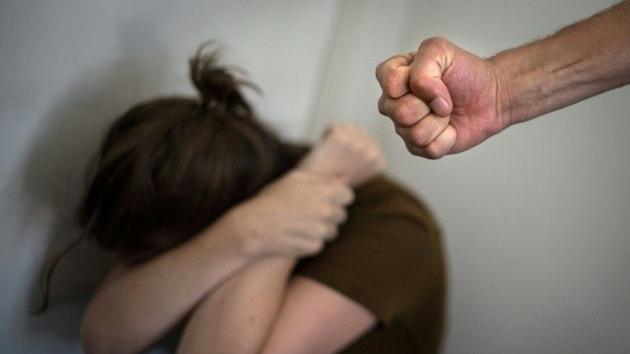FIGAROVOX / TRIBUNE – For psychoanalyst Maurice Berger, the violence of adolescents in today’s society, symbolized by the murder of young Alisha this week, is characterized by an impressive lack of empathy towards the victims.
Child psychiatrist, Maurice Berger is a specialist in violence among young people.
How do you get young people at such an extreme? Do they still make the difference between the real and the virtual?
The argument that adolescents, like those who committed a murder in Argenteuil, do not differentiate between the real and the virtual by adding the influence of the internet and video games to it is too summary.
We all may have had the urge at one time or another to eliminate someone who bothered us because they behaved unfairly or because they were a rival.
However, we did not do it, and not just to avoid legal trouble. The question posed by the murder of the two adolescents from Argenteuil is “what prevented us from doing so?“. We have a minimum of empathy towards others, which prevents the violent act.
As a professional and as a human being, one is very helpless in the face of such a “hole” in the capacities of others.
The most impressive process is the lack of empathy. My book “On gratuitous violence in France», Begins with the case of a minor who, in the bus, put a man in a coma for a supposed bad look; and when I asked him if he imagined how this man’s mother would have felt if he had killed him, he replied: “She would’ve been sad for a while, but she wasn’t going to feel sorry for her whole life, that’s nerd, he should have died one day anyway».
All the violent minors that I have asked what they think about how their victim might feel, or how the damage they have done could hinder her in her life, have often told me literally that they do not ‘had’nothing to give a fuck», A sentence that they obviously avoid pronouncing in a judge’s office.
Read also :Brawls between rival gangs in Essonne: “The nature of violence has changed, but not our laws”
This corresponds closely to the statement of the prosecutor indicating that the murderers of Argenteuil “did not show immediate remorse“. And when I hear the lawyer of the boy who participated in the murder of the unfortunate Alisha declare that this young man is crying in his cell, there is a very good chance that he is mainly crying over him, over his fate.
No need to talk about the virtual to get there. As a professional and as a human being, we are very helpless in the face of such a “hole»In the capacities of relation with others.
They can only end the annoyance by literally eliminating what bothers them, like killing an insistent insect.
How to understand the functioning of these perpetrators of violence? We can hypothesize that any contradiction, opposition, annoyance, arouses in them an unbearable internal tension which they can only put an end to by eliminating in the literal sense what bothers them, as one would kill an insistent insect.
This state of tension would prevent any further thought and investment of any other interest. This suggests a low self-esteem that makes you feel reduced to nothing by the other, a situation that you can only get out of by annihilating it in return. This does not excuse anything.
Read also :Maurice Berger: “No, gratuitous violence is not due to ghettoisation”
How is empathy built, which includes concern for the other, which we know is more easily established with respect to familiar people than towards unfamiliar people? We currently have a body of work that shows how this feeling of empathy develops from the age of 18-20 months, at the same time at the same time, 80% of babies aged 11 to 24 months engage in spontaneous acts of aggression not provoked by others. How does one prevail over the other?
We can of course evoke educational factors during early childhood, wonder what empathy the little child has encountered in his first exchanges with his entourage, but a part of the unknown currently remains.
– .

:quality(80)/cdn-kiosk-api.telegraaf.nl/340ca2b2-836d-11eb-9560-02c309bc01c1.jpg)